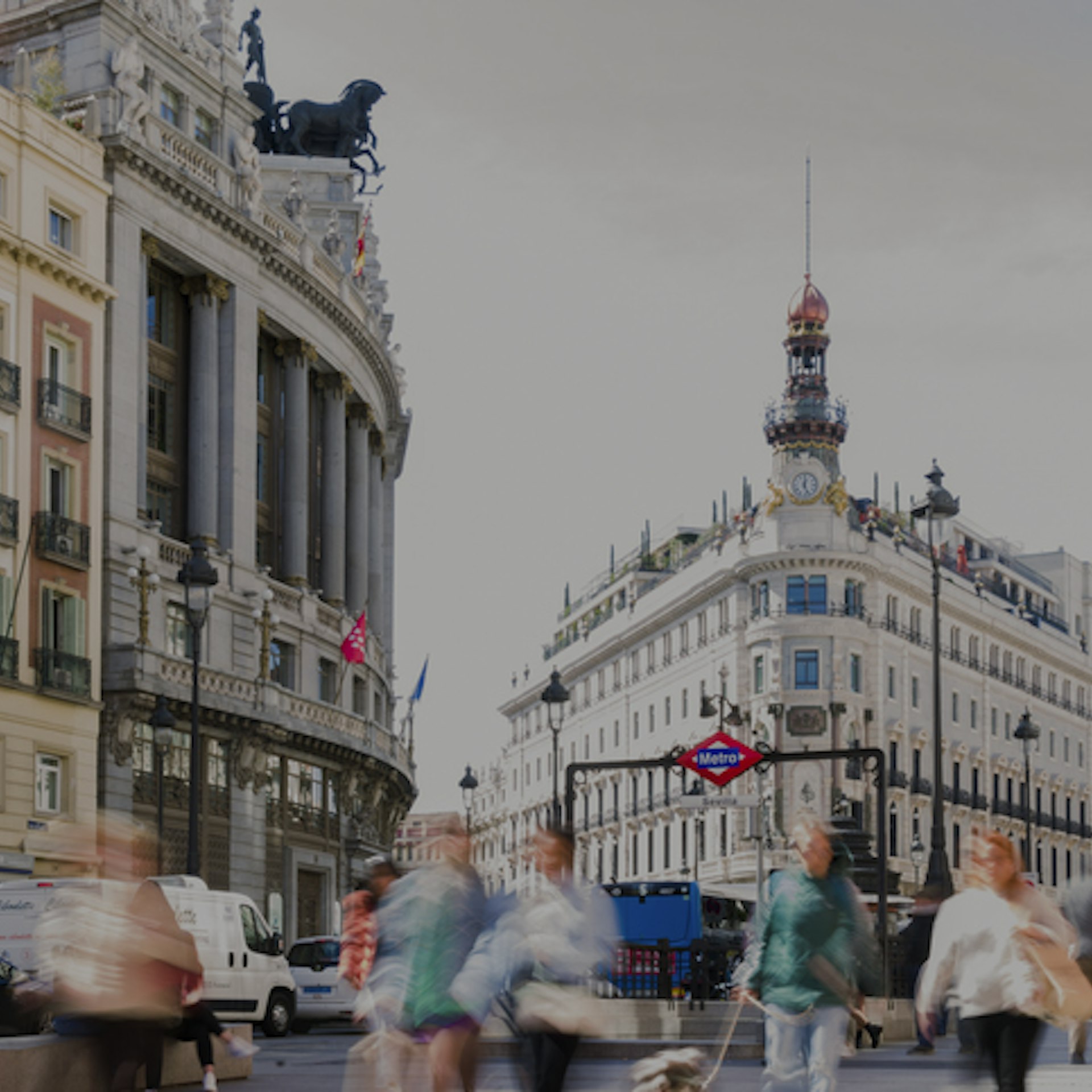
Living Costs in Madrid
Want to learn about living expenses in Madrid? From public transport to weekly groceries, find out about the average cost of living in Madrid for students.
We’re led by the people who live with us. We listen a lot and write about subjects which matter to you.
Everything from interviews, neighbourhood guides, recipes and opinion pieces. We aim to make sure our blog is written by you, for you.
See our latest Nido posts.

Want to learn about living expenses in Madrid? From public transport to weekly groceries, find out about the average cost of living in Madrid for students.

From the best places to study in Madrid to tips on how to immerse yourself in local culture, read our blog on what to know about studying in Madrid!
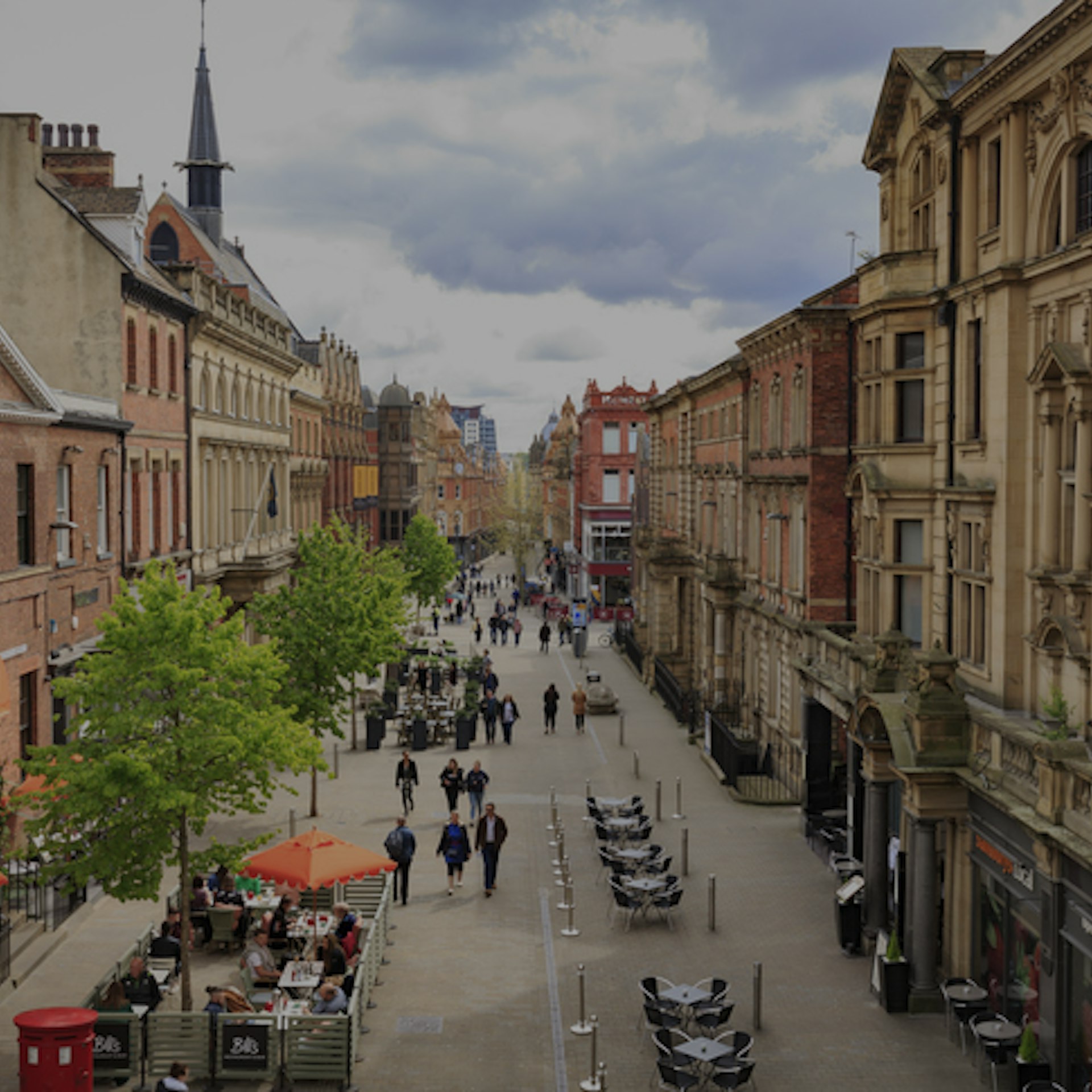
The blog's goal is to provide information to students about studying in Leeds while remaining positive and easy to understand.
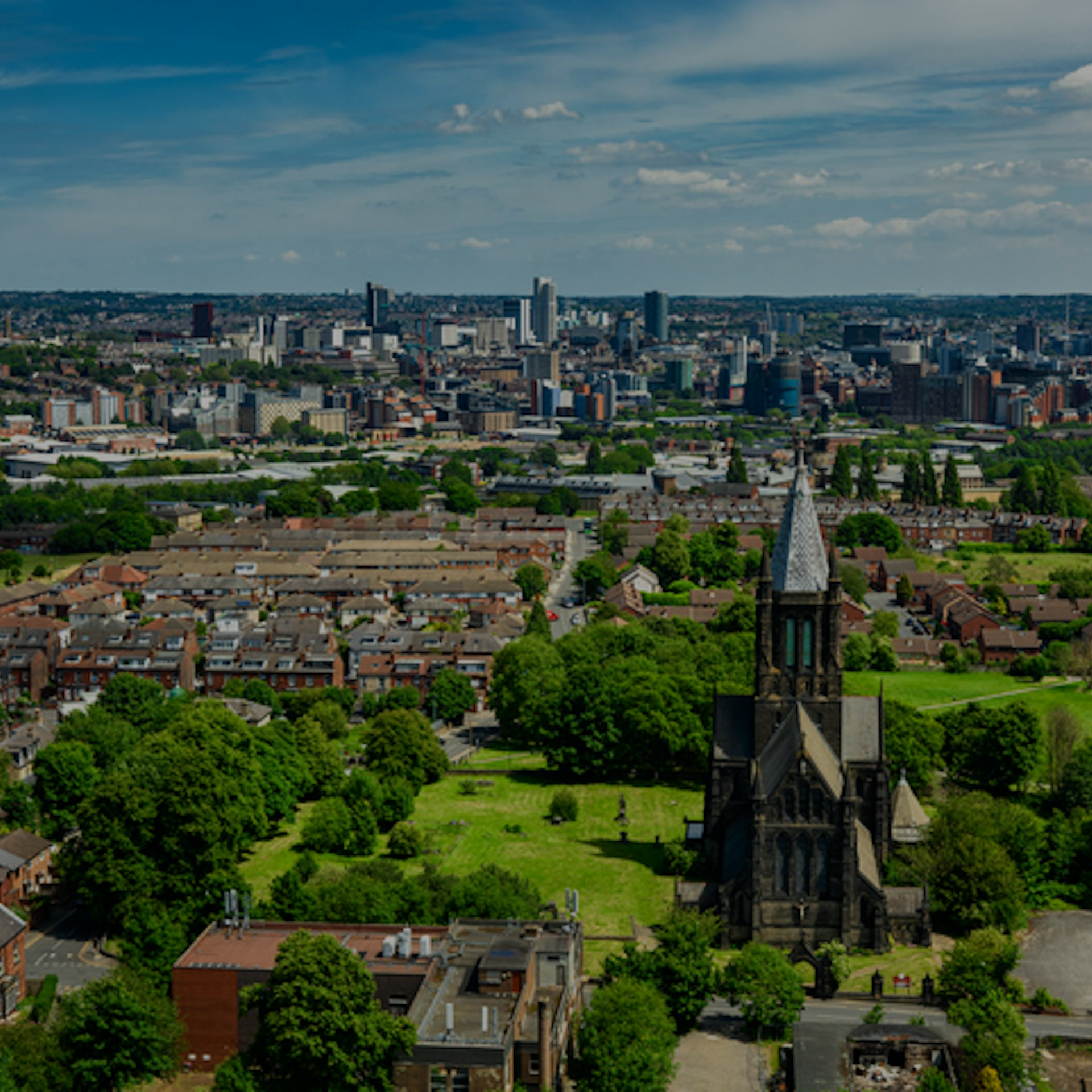
The blog's goal is to provide information to students about studying in Leeds while remaining positive and easy to understand.
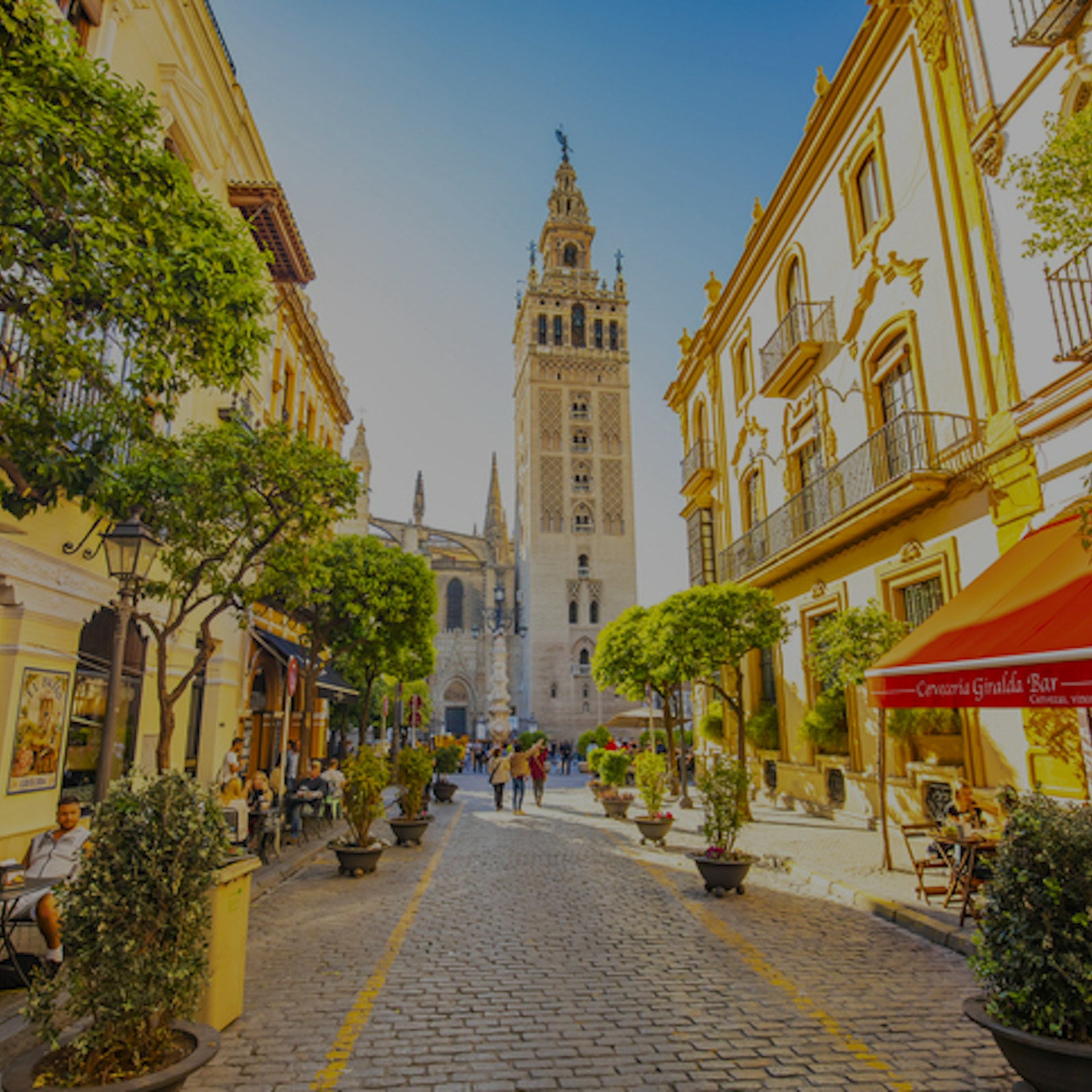
This blog discusses the average cost of living in Seville, Spain, for students - learn how much accommodation, transport, food and entertainment may cost.

Are you thinking of moving to a new city to study and wondering, what is it like to study abroad in Seville? Read our guide to studying in Seville!
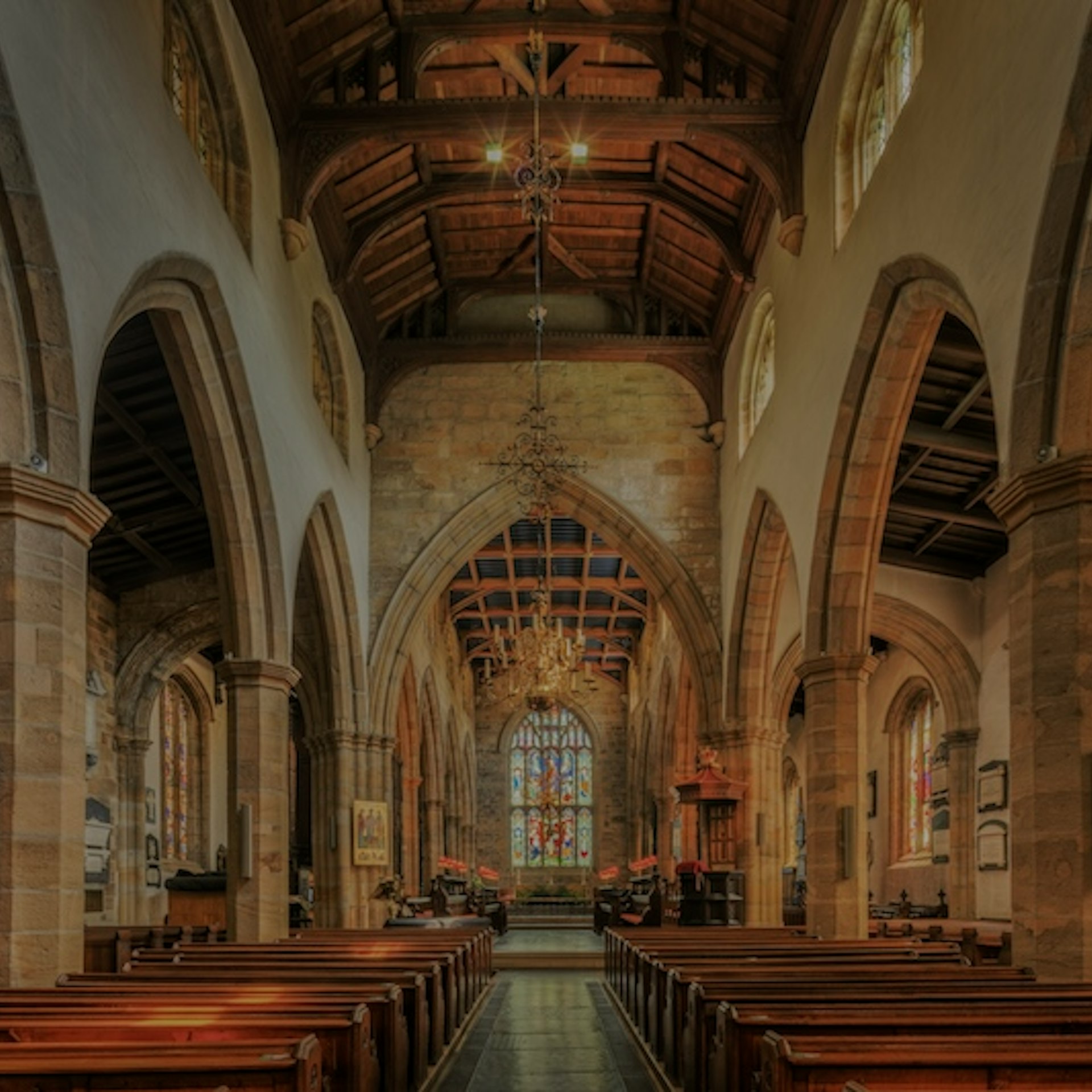
Discover the best of Lancaster with our ultimate student guide! From shopping and nightlife to top restaurants and transport tips, find everything you need to make the most of your time in this vibrant city. Plus, secure your spot at Nido Living for the perfect student accommodation.
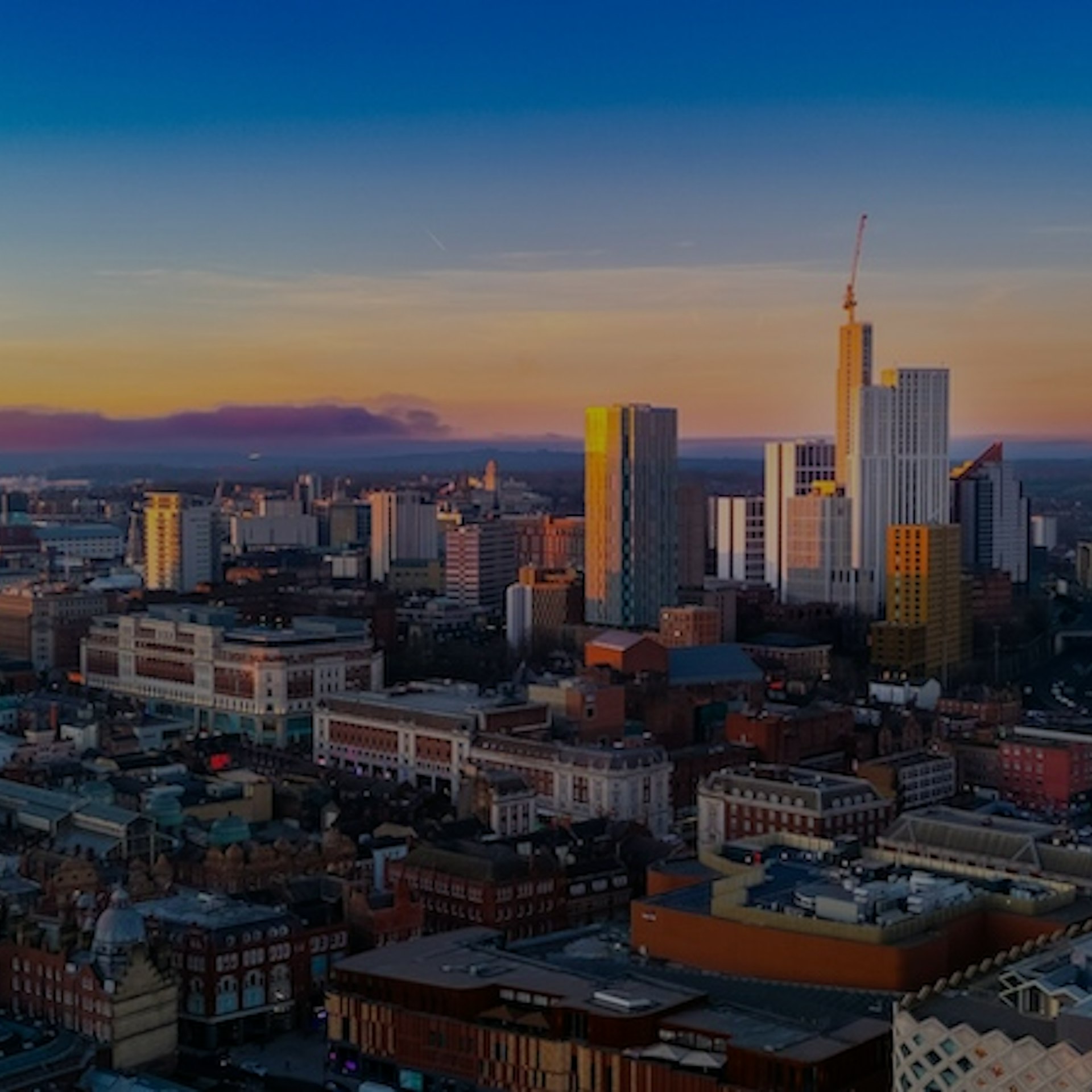
Discover the ultimate guide to living in Leeds as a student. From the best shopping spots and vibrant nightlife to top restaurants and transport tips, find everything you need to make the most of student life in this dynamic city.

Maastricht has a vibrant nightlife, with a great combination of bars, clubs, traditional pubs and cafés. Whether you want a buzzing night out with live music and dancing, or a chilled pint with friends after lectures, there’s something for everyone!